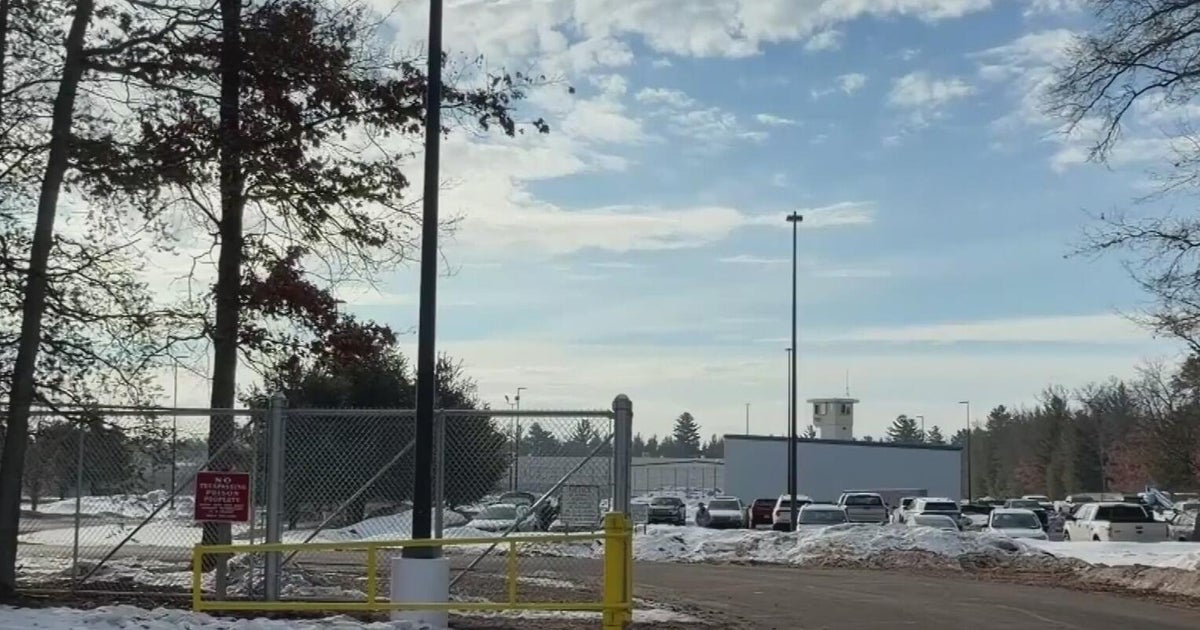Ex-House Speaker Paul Ryan denounces Republican efforts to challenge electoral votes
Washington — Former Speaker of the House Paul Ryan condemned efforts by a group of Republican lawmakers to reject the electoral votes from some states, saying Sunday that it is "difficult to conceive of a more anti-democratic and anti-conservative act."
"Efforts to reject the votes of the Electoral College and sow doubt about Joe Biden's victory strike at the foundation of our republican," Ryan, a former GOP congressman from Wisconsin who retired in 2018, said in a statement. He called the expected action from House and Senate Republicans a "federal intervention to overturn the results of state-certified elections and disenfranchise millions of Americans."
"The fact that this effort will fail does not mean it will not do significant damage to American democracy," Ryan added.
At least 100 House Republicans are expected to object to the electoral votes cast in a handful of battleground states when Congress convenes for a joint session Wednesday to tally the votes and certify the election results. On Saturday, a group of 11 Republicans in the Senate said they, too, intend to reject electoral votes from "disputed" states unless a commission is appointed to conduct a 10-day audit of the results from those states. GOP Senator Josh Hawley of Missouri said last week he also intends to object to the certification of electoral votes.
Federal law allows for written objections to a state's electoral votes to be made during the joint session, but they must be signed by at least one senator and one member of the House. Once an objection is properly made, the House and Senate then meet separately to debate for a maximum of two hours before reconvening to vote on the objection. A simple majority in each chamber is needed for the objection to be sustained and the challenged state's votes tossed out. Because Democrats control the House, it's highly unlikely the lower chamber will vote to uphold an objection, and President-elect Joe Biden's win is expected to be reaffirmed despite the challenges from Republicans.
The last time an objection was made was in 2005, when Democratic Ohio Representative Stephanie Tubbs and California Democratic Senator Barbara Boxer challenged the Ohio's electoral votes in the 2004 presidential election. Neither chamber voted to sustain the objection and toss the votes, with the Senate voting it down 1 to 74. Multiple house members objected to Florida's electoral votes in the 2000 presidential election, but no senators signed onto the challenge.
Ryan joins several other Republicans, including Senators Mitt Romney of Utah and Pat Toomey of Pennsylvania, in criticizing the expected challenges of electoral votes from GOP lawmakers. A group of conservative House members led by Congressman Thomas Massie of Kentucky also broke with their Republican colleagues and said in a statement Sunday that the electoral votes submitted to Congress by the states should be tallied.
"The text of the Constitution is clear," the seven GOP lawmakers said. "States select electors. Congress does not. Accordingly, our path forward is also clear. We must respect the states' authority here. Though doing so may frustrate our immediate political objectives, we have sworn an oath to promote the Constitution above our policy goals. We must count the electoral votes submitted by the states."
Still, the White House has thrown its support behind the efforts from the GOP lawmakers to toss out the votes.
"We're now at well over 100 House members and a dozen Senators ready to stand up for election integrity and object to certification. It's time to fight back," White House chief of staff Mark Meadows tweeted Saturday.
Marc Short, chief of staff to Vice President Mike Pence, said in a statement the vice president "welcomes the efforts of members of the House and Senate to use the authority they have under the law to raise objections and bring forward evidence before the Congress and the American people." Pence "shares the concerns of millions of Americans about voter fraud and irregularities," Short said.
Despite repeated baseless claims of fraud and irregularities by various Republican lawmakers and officials, no evidence of widespread voter fraud has been found. Former Attorney General Bill Barr told The Associated Press on December 1, "To date, we have not seen fraud on a scale that could have affected a different outcome in the election." Christopher Krebs, the former head of the Cybersecurity and Infrastructure Security Agency, said the 2020 election was "the most secure in American history."
Multiple lawsuits brought by the president's allies alleging fraud in various states have all been thrown out. Mr. Trump's personal attorney, Rudy Giuliani, while arguing a case in Pennsylvania court challenging that state's election laws explicitly stated, "This is not a fraud case."



